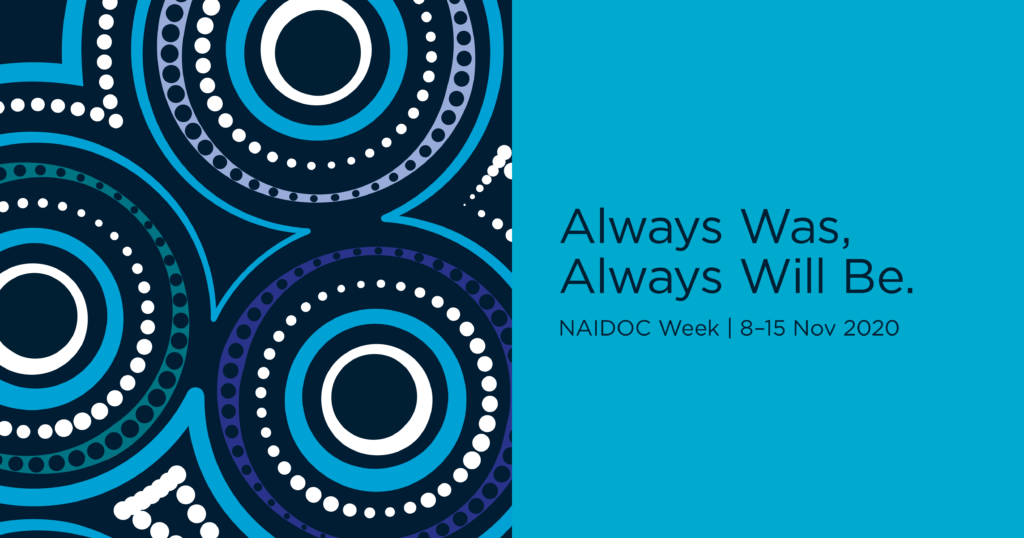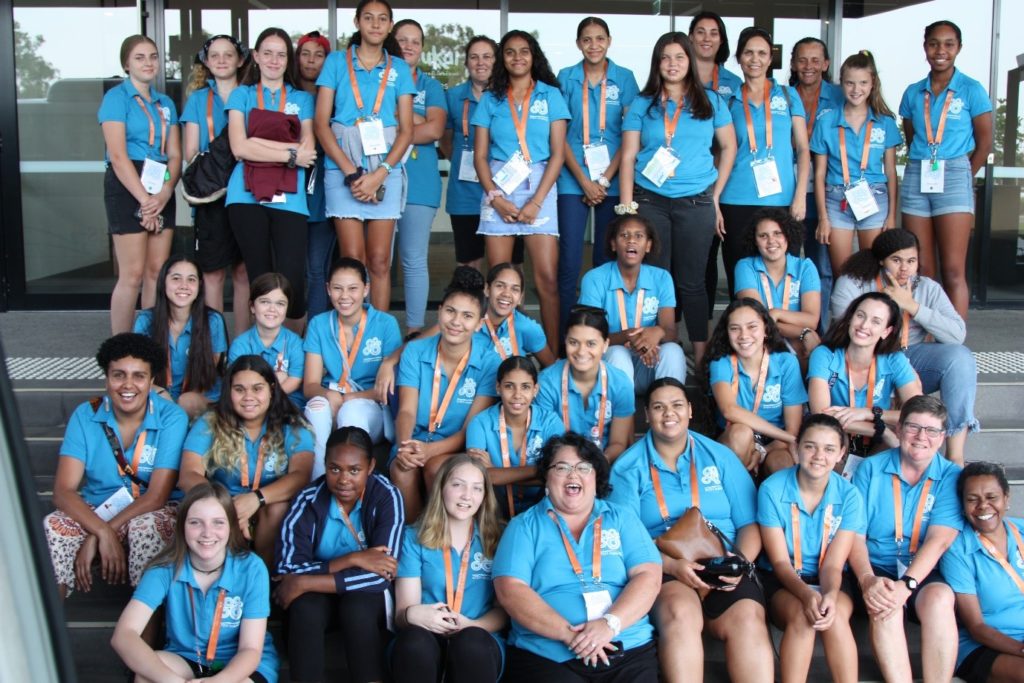
We’re celebrating the sustainability of Indigenous science during NAIDOC Week.
The recognition and celebration of the oldest continuing culture on the planet has always been important to me. From an early age I was very interested in Aboriginal and Torres Strait Islander culture.
After I finished high school in 1975, I spent some time on a reserve in western New South Wales working in a childcare centre and preschool for Aboriginal and Torres Strait Islander children. Coming straight out of school, and from a privileged background, this was an eye-opening experience for me. It made me realise something about myself – I wanted to change the world on a very large scale. I decided that my pathway to do that was through science.
Things have improved since then. But we still have a long way to go in recognising and respecting the rights of Aboriginal and Torres Strait Islander people, which is how NAIDOC Week came to be.
Extraordinary sustainability of Indigenous science
The history of NAIDOC Week can be traced back to the rise of Aboriginal groups in the 1920s. These groups sought to increase awareness of the status and treatment of Aboriginal and Torres Strait Islander people. Now 100 years on, NAIDOC Week continues to celebrate the history, culture and achievements of Aboriginal and Torres Strait Islander peoples, and the rich cultural history that makes our country unique.
The NAIDOC 2020 theme – Always Was, Always Will Be – recognises that Aboriginal and Torres Strait Islander peoples have occupied and cared for this continent for more than 65,000 years. They were Australia’s first explorers, first navigators, first engineers, first farmers, first botanists, first scientists, first diplomats, first astronomers and first artists.
The sustainability and adaptability of Indigenous knowledge systems is extraordinary. The use of traditional burning practices in regeneration and for early-season fire management is just one example where we’re partnering with Indigenous knowledge holders.
I believe it is tremendously important to engage with Indigenous scientific knowledge and learn from the tens of thousands of years of understanding that brings. We need programs in place that aren’t just band aids, but are deeply embedded in all aspects of the work we do.
A responsibility to showcase
Our Young Indigenous Women’s Science Technology Engineering Mathematics (STEM) Academy is a wonderful national initiative. It nurtures the next generation of Aboriginal and Torres Strait Islander young women in STEM. I had the privilege of attending the inaugural camp in Cairns in January this year. There I met 28 young women in Year 8. These women will have access to ongoing mentoring, STEM extension activities and support through high school and into university.
Initiatives like this are so important. They make sure our future science leaders include Aboriginal and Torres Strait Islander peoples. They also serve as a fantastic way to build the pipeline of future talent and leaders into CSIRO.

The Young Indigenous Women’s STEM Academy camp attendees in January 2020.
As part of our Reconciliation Action Plan, we’ve committed to increasing the employment of Aboriginal and Torres Strait Islander peoples across the organisation. We have also established an Indigenous Science and Engagement program. We’ll work with Aboriginal and Torres Strait Islander peoples to identify key science priorities targeted at transformational change.
My personal goal is to engage more with Aboriginal and Torres Strait Islander science leaders. I also want to work on how we bring Indigenous and western science together. The world needs solutions from science now more than ever. We need to make sure we are accessing our full human potential and knowledge.


24th June 2021 at 6:36 am
One step for CSIRO, a giant leap for inter generational change.
10th November 2020 at 4:55 pm
This is wonderful Cathy.
10th November 2020 at 4:53 pm
Congratulations CSIRO on an exciting initiative.